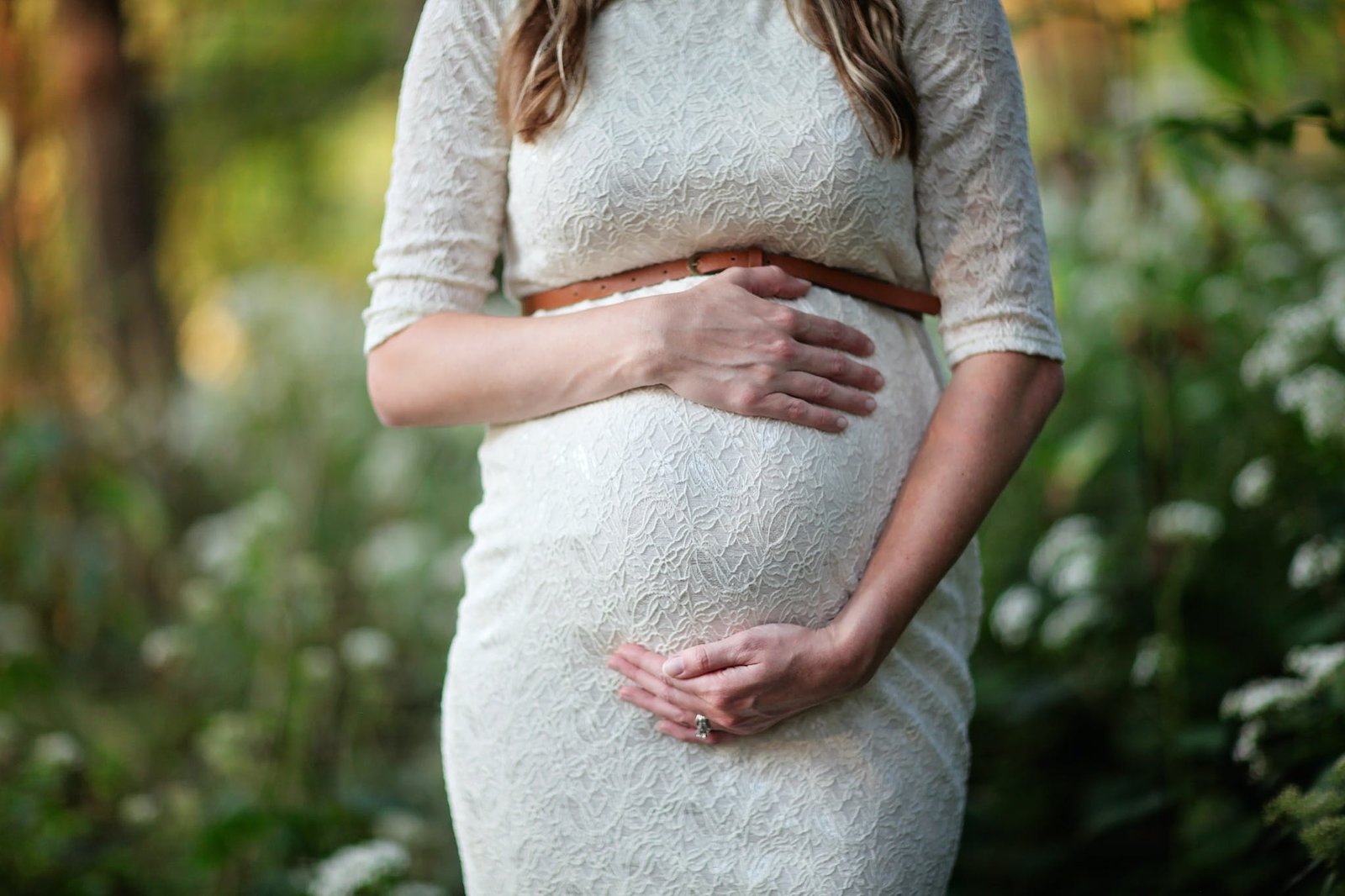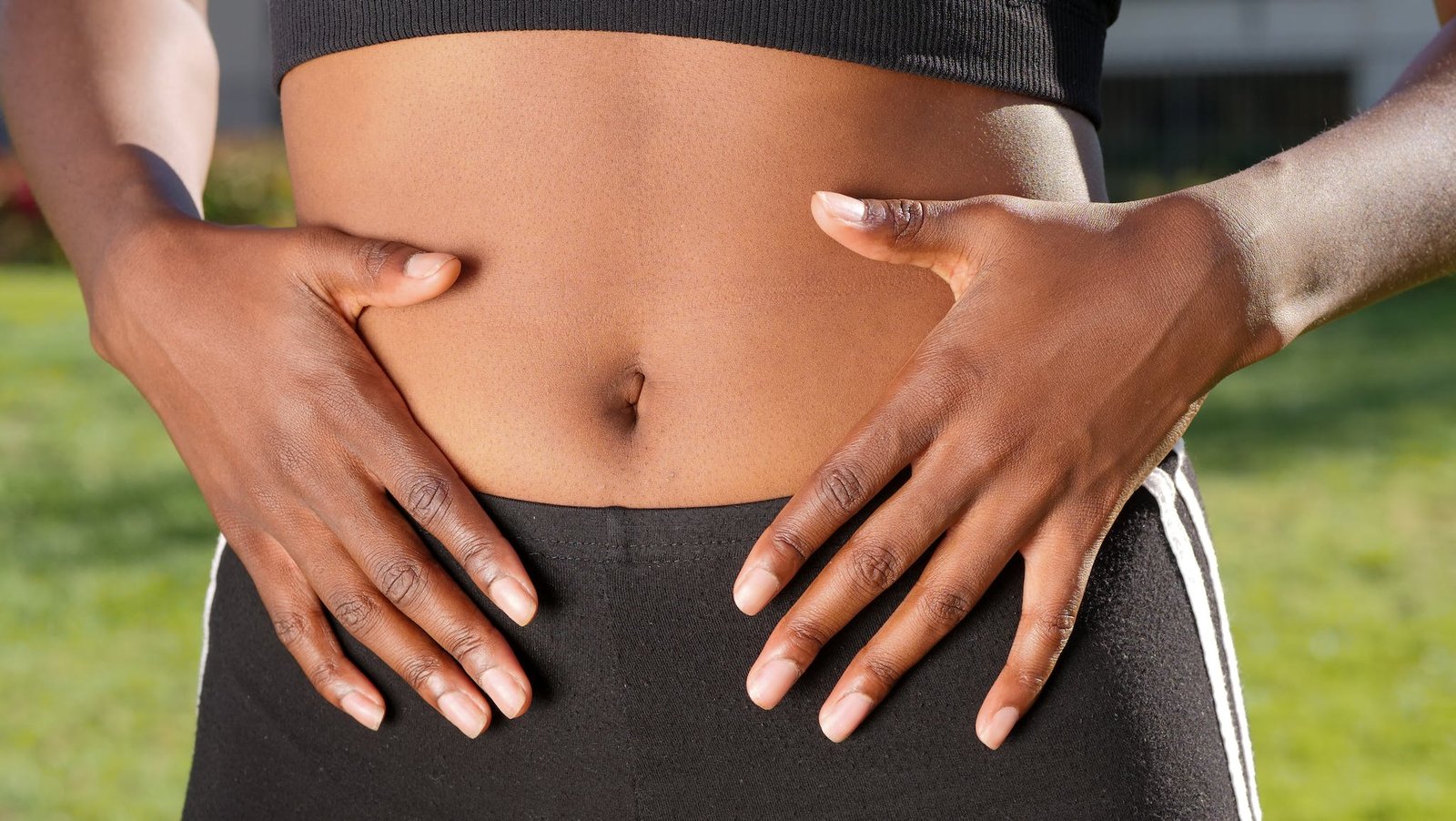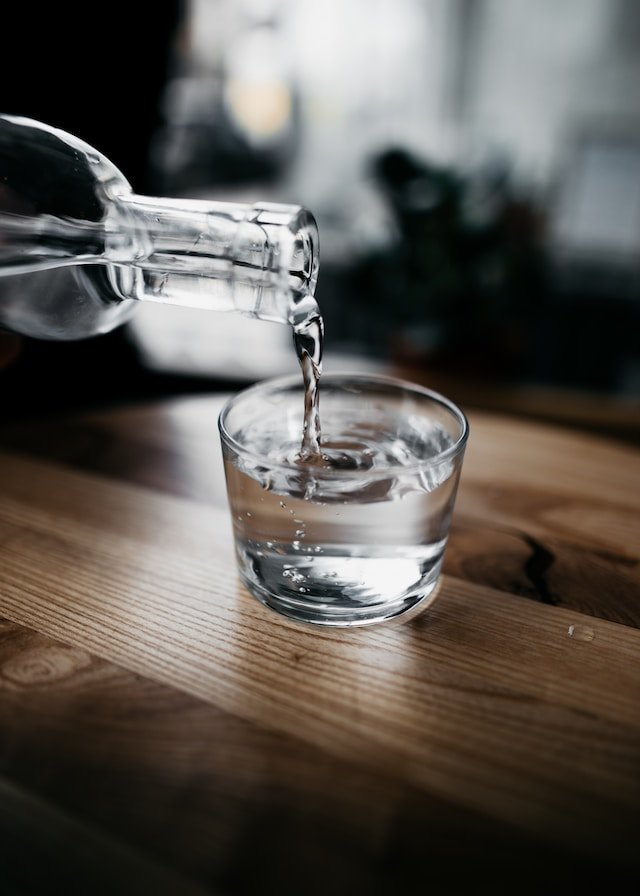Hydration Needs for Pregnant and Breastfeeding Moms
There are some affiliate links below, but they are all products I highly recommend. For more info, view my disclosure here.
Staying well-hydrated is vital during pregnancy and breastfeeding, both for your health and your baby’s.
In this article, we gently guide you through meeting your hydration needs during this special time.
Learn the reasons proper hydration matters for your changing body, from supporting fetal development to boosting milk production.
You’ll find practical tips to help you stay refreshed and avoid dehydration during pregnancy and breastfeeding.
This advice will empower you to nourish your body with what it craves most. Follow our suggestions for getting the right amount of fluids daily through beverages and foods.
With these supportive tips, you can hydrate yourself and nourish your little one. This knowledge will help you feel your best on your parenting journey.
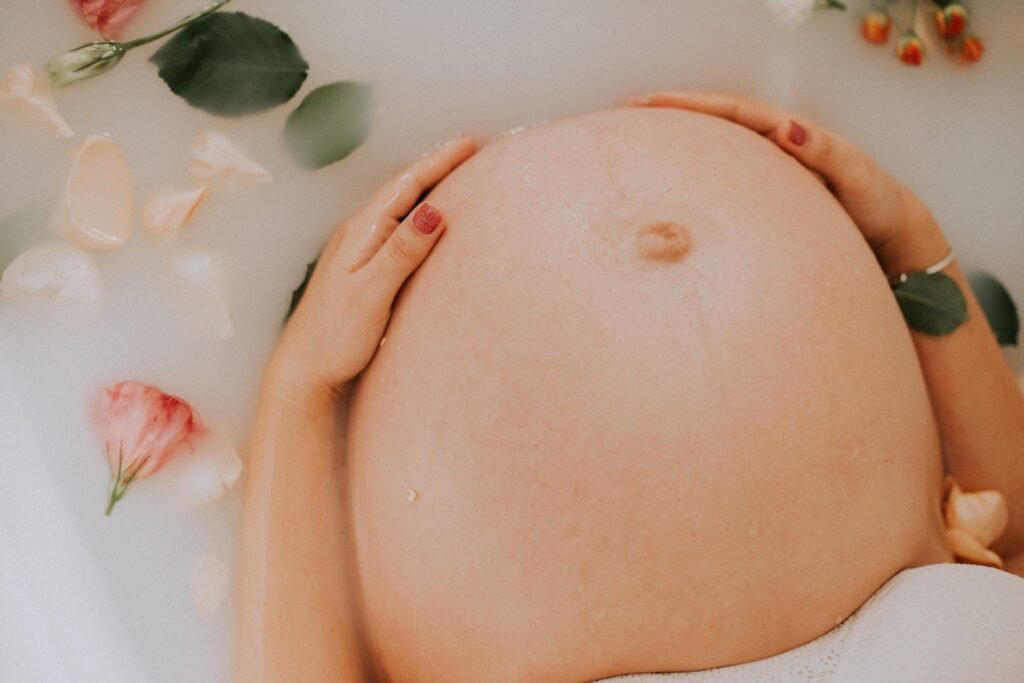
The Importance of Hydration During Pregnancy
During pregnancy, it’s important to stay hydrated to support the healthy development of your baby. Your body is undergoing numerous changes, and adequate hydration is essential to ensure your baby’s well-being. Water plays a crucial role in maintaining the balance of bodily fluids, aiding digestion, and regulating body temperature. It helps to deliver essential nutrients to your baby and removes waste products from your body through urine and sweat.
As a pregnant woman, your body requires more water than usual. The Institute of Medicine recommends that you drink about 10 cups (2.3 liters) of fluids per day. This includes water, milk, fruit juices, and other hydrating beverages. However, water should be your primary source of hydration as it doesn’t contain any added sugars or calories.
Dehydration during pregnancy can lead to several complications, such as low amniotic fluid levels, preterm labor, and urinary tract infections. It can also cause dizziness, headaches, and constipation. Therefore, it’s vital to listen to your body’s signals and drink water regularly throughout the day, even if you don’t feel thirsty.
Remember to carry a water bottle with you wherever you go, and take frequent sips to stay hydrated. If you struggle to consume enough water, try adding slices of fruits like lemon or cucumber for flavor. Staying hydrated is a simple yet crucial step in ensuring a healthy pregnancy for both you and your baby.

Hydration Recommendations for Expectant Mothers
Make sure you’re drinking enough water throughout the day to stay properly hydrated while you’re expecting. Pregnancy increases your body’s need for water, as it helps to support the growth and development of your baby. The general recommendation is to aim for at least 8-12 cups (64-96 ounces) of water per day, but individual needs may vary.
Drinking enough water during pregnancy has several benefits. It helps to maintain the amniotic fluid levels, which is essential for a healthy pregnancy. Water also aids in digestion and prevents constipation, a common issue during pregnancy. Staying hydrated can also help alleviate common pregnancy discomforts such as swelling and overheating.
To ensure you’re meeting your hydration needs, carry a water bottle with you wherever you go. Sip on water throughout the day rather than waiting until you’re thirsty. If you struggle to drink plain water, try infusing it with fruits or adding a splash of lemon or lime juice for flavor. Remember to limit your intake of caffeinated beverages, as they can contribute to dehydration.
In addition to water, you can also meet your hydration needs through consuming hydrating foods like fruits and vegetables. These foods contain high water content and provide additional nutrients for you and your baby.
Stay mindful of your hydration levels and listen to your body’s cues. By prioritizing hydration, you can support a healthy pregnancy and ensure the well-being of both you and your baby.
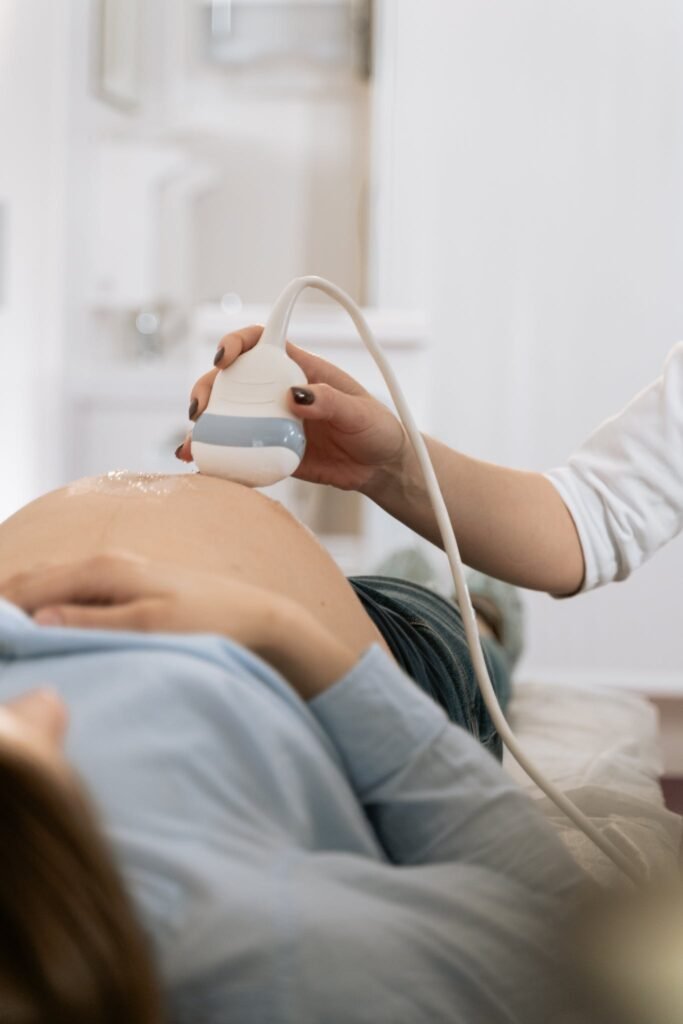
Hydration and Fetal Development
Remember, staying properly hydrated is crucial for the healthy development of your baby. When you’re pregnant, your body goes through many changes, and one of them is an increase in blood volume. This means that you need to drink more water to support the extra fluid in your body. Drinking enough water helps to ensure that your baby is getting enough nutrients and oxygen through the placenta. It also helps to prevent common pregnancy complications such as constipation, urinary tract infections, and preterm labor.
During pregnancy, it’s recommended to drink at least 8-12 cups of water per day. However, this can vary depending on factors such as your activity level, the climate you live in, and any medical conditions you may have. It’s important to listen to your body and drink whenever you feel thirsty. Remember to carry a water bottle with you wherever you go, so you can easily stay hydrated throughout the day.
In addition to water, you can also meet your hydration needs by consuming other fluids such as milk, herbal teas, and 100% fruit juices. However, it’s best to limit your intake of caffeinated and sugary beverages as they can dehydrate you and provide empty calories.
Staying properly hydrated isn’t only important during pregnancy but also during breastfeeding. Breastfeeding moms should continue to drink plenty of fluids to support milk production and to stay adequately hydrated. Remember, taking care of your hydration needs is essential for the health and well-being of both you and your baby.
Managing Fluid Intake While Breastfeeding
To ensure that you’re effectively managing your fluid intake while breastfeeding, it’s important to drink plenty of water and other hydrating fluids. Breastfeeding requires extra fluids to keep you hydrated and maintain a healthy milk supply. When you’re breastfeeding, your body uses fluids to produce breast milk, and you may find yourself feeling thirsty more often.
It’s recommended that you drink at least 8 to 10 cups (64 to 80 ounces) of fluids per day, in addition to your normal water intake. Water is the best choice, but you can also enjoy other hydrating fluids like herbal teas, fruit juices, and milk. It’s important to avoid excessive caffeine intake as it can dehydrate you and pass through your breast milk to your baby.
Remember to listen to your body and drink when you feel thirsty. Keep a water bottle handy and sip on it throughout the day. Staying hydrated won’t only benefit you but also help your baby receive the necessary nutrients from your breast milk.
Hydration and Milk Production
Drinking enough fluids is essential for maintaining a healthy milk supply while breastfeeding. As a breastfeeding mom, your body needs extra hydration to produce an adequate amount of milk for your baby. When you’re properly hydrated, your milk volume and quality are optimized, ensuring that your little one gets all the necessary nutrients.
To meet your hydration needs, aim to drink at least 8 to 10 cups of fluids per day. Water should be your go-to choice, as it’s the most hydrating and readily available option. Keep a water bottle handy and take sips throughout the day, especially during breastfeeding sessions. If you prefer some variety, you can also include other fluids like herbal teas, fruit-infused water, or diluted fruit juices.
Remember, thirst isn’t always a reliable indicator of your hydration status, so it’s important to drink fluids even if you don’t feel thirsty. Additionally, be mindful of caffeine and alcohol intake, as they can have a diuretic effect and potentially impact your milk supply.
Dehydration Risks for Pregnant and Breastfeeding Moms
Now let’s talk about the risks of dehydration for you, as a pregnant or breastfeeding mom. It’s important to understand that dehydration can have serious consequences for both you and your baby. When you’re pregnant or breastfeeding, your body needs even more water to support the increased demands.
Dehydration can lead to a variety of health issues. It can cause dizziness, fatigue, and headaches, making it difficult for you to function properly. It can also lead to constipation, which is a common problem during pregnancy. In severe cases, dehydration can even lead to preterm labor or low breast milk supply.
To avoid dehydration, it’s crucial to drink plenty of water throughout the day. Don’t wait until you feel thirsty, as thirst is actually a sign that your body is already dehydrated. Carry a water bottle with you wherever you go, and aim to drink at least 8-10 glasses of water daily.
In addition to water, you can also hydrate yourself with other fluids like herbal teas, fruit juices, and milk. However, avoid excessive caffeine and sugary drinks, as they can actually contribute to dehydration.
Tips for Staying Hydrated During Pregnancy
Make sure you carry a water bottle with you at all times to ensure you stay properly hydrated during pregnancy. Pregnancy comes with increased fluid needs, and staying hydrated is essential for both your health and the health of your baby. Drinking enough water helps to maintain the amniotic fluid levels, regulate body temperature, prevent constipation, and support the overall functioning of your body.
In addition to carrying a water bottle, there are a few other tips to help you stay hydrated throughout the day. First, listen to your body’s thirst signals and drink water whenever you feel thirsty. Don’t ignore those signals, as they’re a clear sign that your body needs more fluids. Second, try to drink small amounts of water frequently rather than chugging large amounts all at once. This will help your body absorb and utilize the water more effectively.
Another helpful tip is to include hydrating foods in your diet. Fruits and vegetables like watermelon, strawberries, cucumbers, and oranges aren’t only delicious but also high in water content. Snacking on these foods can provide hydration and additional nutrients.
Lastly, limit your intake of caffeinated and sugary beverages, as they can dehydrate you. Stick to water as your main source of hydration and opt for herbal teas or infused water for a bit of flavor.
Hydration Strategies for Breastfeeding Moms
Carrying a water bottle with you throughout the day will help ensure you stay properly hydrated while providing nourishment for your little one. As a breastfeeding mom, it’s important to prioritize your hydration needs. Breast milk is composed of around 88% water, so staying hydrated is crucial for maintaining a healthy milk supply and supporting your baby’s growth and development.
When breastfeeding, your body needs extra fluids to produce an adequate milk supply. Aim to drink at least eight to ten glasses of water per day. Keep a water bottle nearby and take sips throughout the day, especially during breastfeeding sessions. If you find it challenging to drink plain water, try infusing it with fruits or herbs for added flavor.
Don’t wait until you’re thirsty to drink water. Thirst is a sign that you’re already dehydrated, so be proactive about staying hydrated. It’s also essential to monitor the color of your urine. Clear or light yellow urine indicates proper hydration, while dark yellow urine may be a sign that you need to drink more water.

